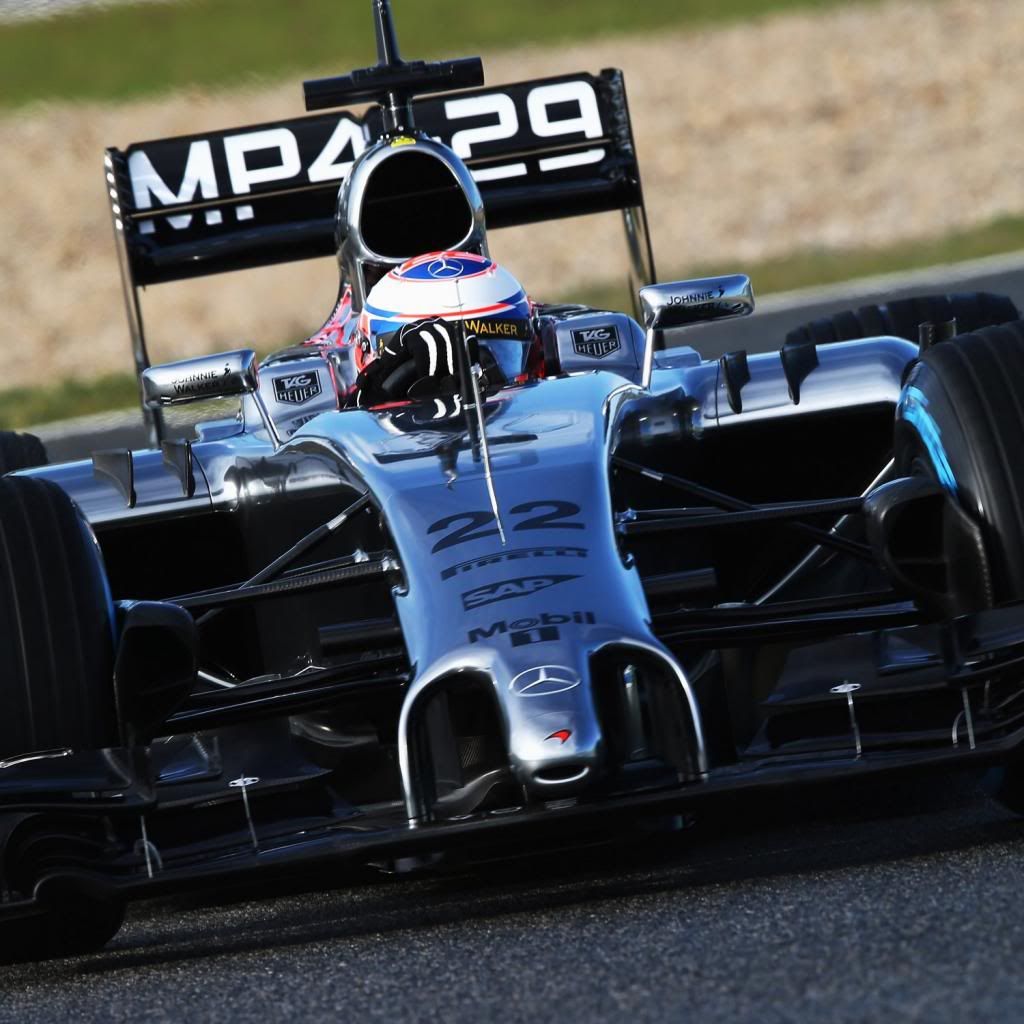Discussion of engine usage for the Brazilian Grand Prix has no better place than the Brazilian Grand Prix thread, yanno?WhiteBlue wrote:The issue was basically off topic and I only mentioned it because an inaccuracy was reported about the sporting regulations. The important fact is that Red Bull in any case can use whatever engine they want for the qualifying and race in Brazil because it is the last race.bhallg2k wrote:That's great and all, but nobody was talking about engine changes in that regard. The question was about Vettel's engine status for Brazilian Grand Prix, not within the Brazilian Grand Prix.Cars are in parc ferme as well after the race until scrutineering and fitting of seals is done by the FiA. About the Friday business: For all other races except the last race there is a usual practise by the teams to fit old engines that will not be used for further races for FP1 and FP2 (Friday sessions). Those engines are then swapped out for the proper qualifying and race engine typically for FP3. Very seldom a team will change to the race engine after FP3 has started. That usually only happens when a fault is detected in an engine that was ear marked and fitted for the race.bhallg2k wrote:But, by the way, since when are cars in parc fermé at any time other than from the moment they leave the pits for Q1 until the start of the race? What's all this Friday business about?
I'm afraid the inaccuracy was yours. The question was about how many engines Vettel has left, which, as was pointed out, is immaterial, because he always has eight engines from which to choose. That is, of course, unless one of them has been disqualified because it was replaced while the car was in parc fermé. In that case, he would then only have seven engines available, in accordance with the rule you so helpfully pointed out.
Otherwise, contrary to your stated position, Red Bull is free to change engines on Vettel's car whenever they like. If so inclined, they could use Engine W for FP1, Engine X for FP2, Engine Y for FP3, and Engine Z for qualifying, and that would be A-OK even if each one of those engines had been used a dozen times before. Problems would only arise if the team decided to switch from Engine Z to Engine [whatever] after qualifying, before the race. (Post-race parc fermé isn't really an ideal time to change engines, nor would doing so then be especially beneficial. Lucky for the teams, though, post-race parc fermé doesn't encompass the entire time between grands prix, else there'd be a whole heap of teams in trouble. Can you imagine that line of people waiting to see Charlie?)
Beyond all that, the only reason why the rule you pointed out doesn't bother to apply itself for the last race of the season is because the penalty for an "illegal" change from one "legal" engine to another "legal" engine is but the loss of the engine that was replaced, which doesn't really matter in the off-season. That's a sensible exclusion, if you ask me.
So, Red Schneider, to finally answer your question...wait, what was it again?




